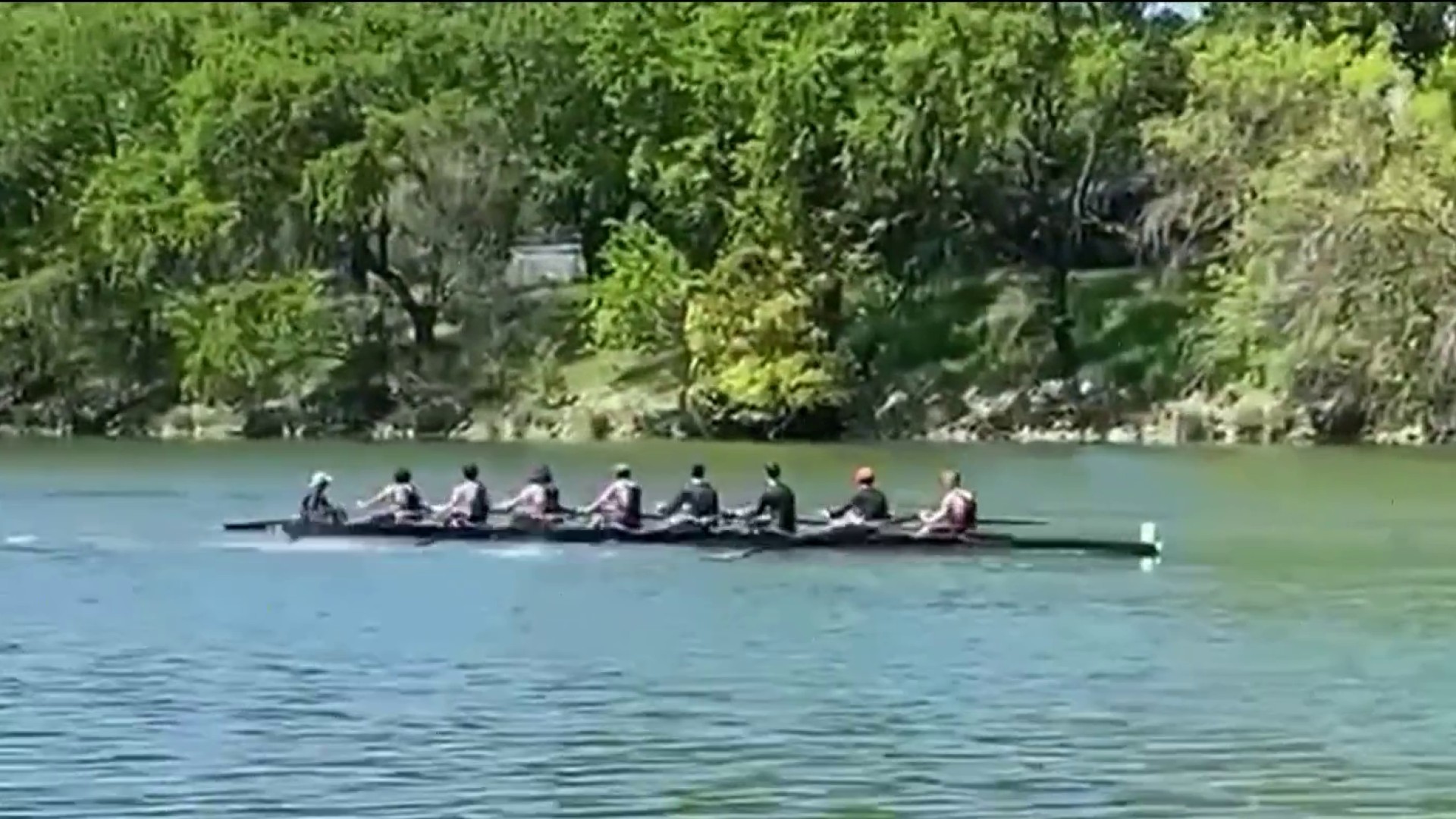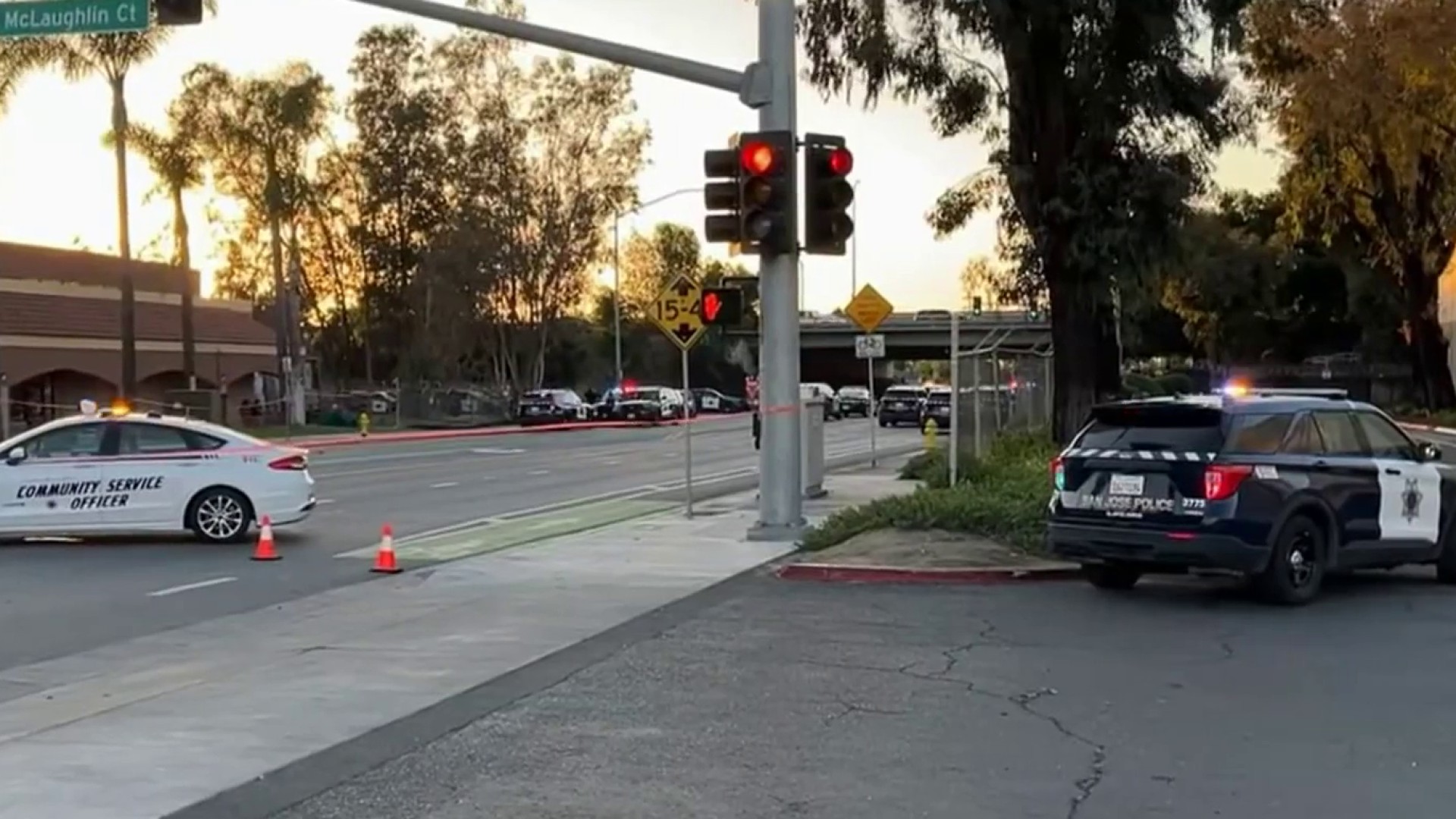Hundreds of people accusing Northern California priests and clergy of sexually abusing them as children are coming forward for the first time, enabled by a recent law allowing new lawsuits to be filed based on older allegations that were previously barred by the statute of limitations.
Assembly Bill 218, signed by Governor Newsom back in 2019, opened a three-year window beginning in January 2020 for the new lawsuits to be filed. A similar one-year window was opened by state lawmakers back in 2003.
Now, for the first time, attorneys handling those cases have a clear picture of how many alleged victims are taking advantage of the new window so far. If plaintiffs are successful in court, it could deal a staggering financial blow to Catholic dioceses across the state.
“There are a little over 600 victims of clergy abuse, virtually all Catholic Church, in Northern California that have come forward to attorneys,” said Rick Simons, one of the attorneys co-managing the hundreds of coordinated cases in Northern California.
Get a weekly recap of the latest San Francisco Bay Area housing news. Sign up for NBC Bay Area’s Housing Deconstructed newsletter.
Simons said he expects significantly more new cases in Southern California, but said many victims may never come forward.
“The number of survivors is much larger because some of passed away,” Simons said. “Some will never come forward for reasons of their own. And some people just can’t ever cross that threshold into publicly admitting that they were sexually abused by their priests.”
Since these cases are based on older allegations, Simons said most of the clergy members named in the new wave of lawsuits have been previously accused in the past. But he said there are some new names that will be coming out which have never been made public.
Local
“Most of the victims were victims of maybe a couple of dozen priests in Northern California who were the most prolific serial pedophile priests,” Simons said.
One of those priests is Stephen Kielse, who Simons said is known as “The Pied Piper of the Oakland Diocese.”
At least two of Simons’ new clients accuse the former priest of sexually assaulting them.
“[It started] just kind of playful, like tickling” said one new plaintiff, a Northern California woman who does not wish to be identified by name. NBC Bay Area is referring to her as Jane Doe. “Then it progressed to, ever so slowly, fondling, and then later, he would ask you to take your clothes off. It’s still hard to talk about. I haven’t in a long time.”
“The next thing I know, just with playful tickling and things, my hands were tied to a chair in his room,” Doe said.
In her civil complaint, Doe alleges she was sexually assaulted on multiple occasions between 1972 and 1975 by Kiesle at St. Joseph Church in Pinole where he worked as a priest.
Although Doe’s alleged abuse occurred decades ago, she said she’s just coming forward now because it hasn’t been something she’s been able to talk about.
“It was just something that I was never going to be able to share with my parents [before they passed away],” Doe said. “It would have devastated them.”
“I’ve never told anybody,” Doe said.
Another Simons client, Brian Barnes, also says he was sexually abused by Kiesle at St. Joseph’s over the same time period.
“One time as a boy, there were a couple of us and we were all instructed to pull our pants down, to pull our underwear down, and were fondled,” Barnes said.
Barnes said the church swept everything under the rug.
“This went on for years,” Barnes said. “The church knew what he was doing and did nothing about it.”
“When people ask me about why are you suing the church, it’s to protect children from this happening again,” he said.
In a statement, the Survivors Network of those Abused by Priests said AB 218 is a model for how secular government can help victims of abuse.
“Every time a survivor comes forward to tell their story, society becomes that much safer. We know that many Catholic abusers are alive and unmonitored, meaning they pose a current danger to the communities in which they live. Fortunately, AB 218 will help repair that problem, allowing survivors to come forward and creating safer, more informed communities. In this sense, California has been a model for how secular government can and should get more involved in protecting the public, enabling remedies for victims where possible, and investigating the institutions that have enabled and covered up abuse.”
Kiesle, twice convicted for sexually abusing children, has been accused of assaulting dozens of children throughout his career.
Internal church documents that have come out over time show church officials knew about the accusations against Kiesle for years but failed to take action, likely leading to the abuse of more children.
Even after being arrested and convicted for tying up and molesting two boys in 1978, the church allowed Kiesle to continue working. He was not defrocked until 1987.
Even then, a 1988 letter shows staff were furious that Kiesle was brought on as a youth ministry coordinator at St. Joseph Church in Pinole.
“Nothing has been done after EIGHT months of repeated notifications,” the letter stated.
In 2004, Kiesle pleaded no contest to molesting a young girl in 1995 and was sentenced to six years in prison and was required to register as a sex offender.
When contacted at his Walnut Creek home, the former priest said he would contact his attorney to comment on the new lawsuits. NBC Bay Area has not heard from the attorney.
Attorneys for the Catholic Church are now challenging the constitutionality of the new law in court.
“The legislature’s motive for passing AB218 was to punish a class of defendants by depriving them of vested rights of immunity,” they write in a recent legal filing.
They also argue that too much evidence has been lost over the years.
“While the passage of time and loss of evidence may affect plaintiffs as well as defendants, such detriment necessarily falls more heavily on private entities like the Defendants.”
An Alameda County judge is expected to hear the church’s challenge later this month.
Simons says the Catholic Church is simply trying to avoid accountability.
“Their fear on the church’s side is not that evidence is missing,” Simons said. “Their fear is there’s still way too much evidence out there.”
In a statement, a spokesperson for the Diocese of Oakland said:
“As Bishop Barber has stated numerous times, he continues to work with leadership in the Oakland Diocese, both lay and clergy, to strengthen our formation and education programs so all of us have a greater understanding of the signs of predatory behavior, the deep scars caused by sexual abuse of children, and how we can stop abuse. As a society, and as a church, we have come a long way in these efforts, but we can never cease our diligence.”
In San Francisco, Archbishop Salvatore J. Cordileone acknowledged the church is challenging the new law in a post on his website but said the court battle doesn’t take away from efforts to support victims of sexual abuse.
“In January 2020 the State of California opened a new ‘window’ in the statute of limitations related to the sexual abuse of minors. In response, Catholic bishops in the state filed a motion for determination of the preliminary issue of constitutionality of the statute. This motion is limited in nature and directed to a question of constitutional law, and does not in any way deter from the Archdiocese’s ongoing efforts to provide victim-survivors with pastoral and psychological support, as well as financial compensation through pastoral settlements.”
While Barnes said he kept his abuse a secret for decades, he’s now thankful he decided to go public.
“Getting this story out is a breath of fresh air,” he said. “It made me realize I’m not the bad guy, that as a child I didn’t do anything wrong. I’m a victim.”



